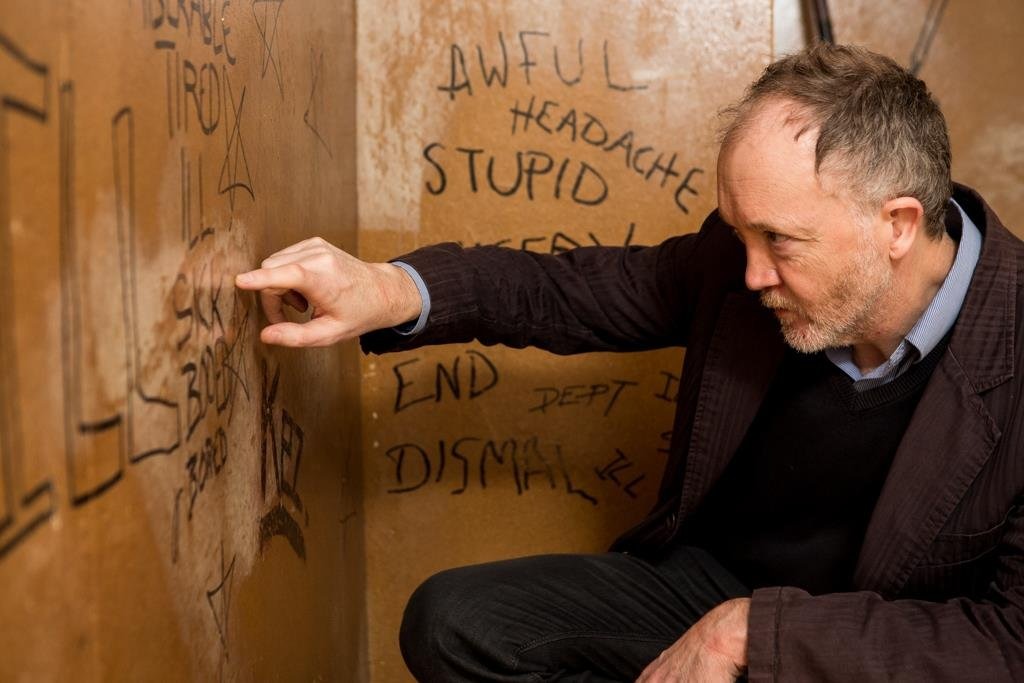
As debate rages over a proposed development at the site of Adelaide East End pub the Crown & Anchor, a visiting academic at Flinders University is highlighting how archaeology and cultural heritage can contribute to the future, rather than holding back progress.
Speaking at Flinders’ City Campus on Wednesday 5 June at 5pm, Professor John Schofield, Director of Studies in Cultural Heritage Management in the Archaeology Department at the UK’s University of York, will discuss how heritage practices can help solve the world’s ‘wicked problems’.
“Wicked problems are those global challenges that are complex, intractable, open-ended and unpredictable and solving them requires creative and interdisciplinary solutions,” says Professor Schofield.
“These solutions will often take the form of small wins, where moderate outcomes build up a pattern that attracts allies and deters opponents, and it is within this framework that heritage studies and heritage practice, including archaeology, can contribute to helping resolve these problems.”
The presentation is based on Professor Scholfield’s new book, Wicked Problems for Archaeologists, with the talk to focus on the wicked problems of physical and mental health, planetary health and social injustice, and how archaeological and cultural heritage perspectives can play an important part in resolving them.
“Archaeology has a distinct role to play in addressing these global challenges, or ‘wicked problems’ as they are often described, as it offers the perspective of time, ensuring we never view these challenges as something without a history, or without a future,” says Professor Schofield.
“It also offers a human perspective, ensuring that people are never left out of the equation, as we focus on relationships, between people and their world, including the material world that we ourselves have created.
“Archaeology isn’t just about old stuff. It provides a way of viewing the world through the relationships people have with it, and how those relationships are represented. Cultural heritage provides frameworks through which to manage the traces that remain, whether these survive as buildings, artefacts, memories or cultural traditions.”
Bringing in a local Adelaide angle, one example Professor Schofield will discuss is grassroots or independent music venues, buildings that often have historic value or an aesthetic value for being architecturally significant.
“Such values represent conventional and well-established viewpoints that take little account of the building’s contemporary role and social significance. But an archaeological perspective can introduce those communal values, recognising these venues as places that are a vital part of the cultural ecosystem, and as the types of places that have long been significant to select groups of people,” says Professor Schofield.
“Retaining such places, where retention is supported by the heritage community, is essential for maintaining society’s cultural integrity, focusing on the values held by all people in society, not just those with influence and wealth.
“To remove everyday heritage places can amount to a form of social injustice. Fighting to retain these places, and succeeding in doing so, can constitute important small wins to ensure that social justice prevails.”
Professor Schofield will use this and other examples to discuss whether archaeologists have a duty of care, a responsibility to use their particular skills and unique insight to help try to resolve these global challenges, and questions whether the small wins framework is the best means to achieving success.
The free public lecture will be held at Flinders’ City Campus – Function Space 1407, Level 14 – on Wednesday 5 June 2024 5:00 PM – 8:00 PM. Tickets available here.
About Professor John Schofield
Professor John Schofield is Director of Studies in Cultural Heritage Management in the Archaeology Department at the University of York (UK) and is currently at Flinders University on a Research Fellowship.
He also holds adjunct positions at Griffith University and is Docent in Contemporary Archaeology and Cultural Heritage at the University of Turku (Finland). John is a Fellow of the Society of Antiquaries of London, a Corresponding Fellow of the Australian Academy of the Humanities and a Member of the Chartered Institute for Archaeologists. He has previously served as Executive Editor of the Taylor and Francis journal World Archaeology.

